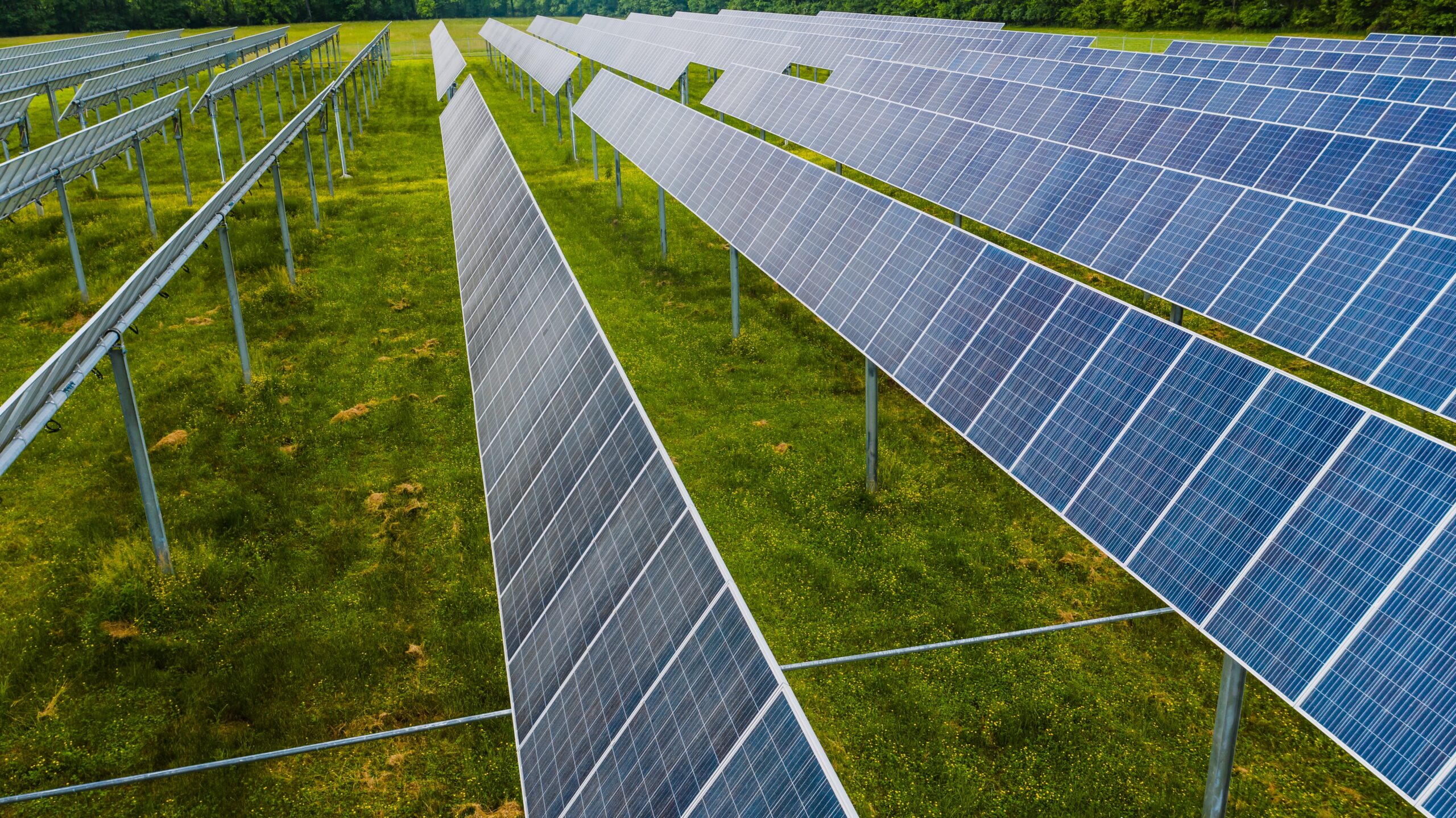Welcome to the ultimate guide to solar solutions! Solar energy is an incredibly powerful source of renewable energy that more and more people are starting to tap into. Harnessing the power of the sun can seem like a daunting task, but with this guide, you will learn how it’s done in no time.
In this article, we’ll be exploring what solar solutions are, why they’re important, and all the different ways you can use them in your everyday life. So if you’ve been wanting to find out about solar solutions but weren’t sure where to start – here’s your chance!
- I. Introduction to Solar Energy Solutions
- II. Advantages of Using Solar Solutions
- III. Common Types of Solar Solutions
- IV. How Solar Solutions Work
- V. Steps for Getting Started with Your Own Solar Solution
- VI. Final Considerations Before Installing a Solar Solution
- VII. Conclusion: Final Words on Solar Energy Solutions
I. Introduction to Solar Energy Solutions
Solar energy solutions are becoming increasingly popular due to their environmental friendliness and cost-effectiveness. Solar panels convert the sun’s light into usable electricity, which can be used to power homes and businesses.
As with any technology, there are pros and cons associated with solar energy solutions that should be taken into account before investing in them. This article will provide an introduction to the basics of solar energy solutions and explain why they are becoming a go-to option for many people around the world.
II. Advantages of Using Solar Solutions
The advantages of using solar solutions are numerous. Firstly, it is an environmentally friendly source of energy production and reduces our reliance on non-renewable sources like oil and gas.
Additionally, the cost savings associated with this type of energy can be considerable as there is no need to purchase or pay for electricity from a utility company. This makes it ideal for places where access to traditional power sources is limited or expensive.
III. Common Types of Solar Solutions
Solar solutions have become increasingly popular in recent years as more and more people turn to renewable energy sources.
Common types of solar solutions include photovoltaic (PV) systems, which use sunlight to generate electricity; concentrated solar power (CSP), which uses mirrors or lenses to concentrate the sun’s energy; and passive solar power, which involves utilizing the sun’s thermal energy directly.
Of course, there are many other forms of solar solutions out there that can be used for a variety of applications.
IV. How Solar Solutions Work
Solar solutions are becoming increasingly popular as a way to reduce energy costs and lessen the environmental impact of electricity generation. Solar panels absorb light from the sun, converting it into direct current (DC) electricity that is then converted into alternating current (AC) for use in homes and businesses.
The solar panel system also includes an inverter, which manages the power produced by the solar cells and sends it to your home or business. Solar energy is a clean renewable source of energy that can help lower your electric bill while helping to protect our environment!
V. Steps for Getting Started with Your Own Solar Solution
Getting started with your own solar solution can be daunting, but it doesn’t have to be! There are a few key steps you’ll want to take in order to get set up correctly.
First, you will need to assess the amount of energy that your home or business needs and determine which type of solar panel would work best for you. You will also need to factor in location-specific variables such as available sunlight hours per day and average temperatures throughout the year.
Finally, once all the calculations are done, it’s time for installation! With DIY kits being readily available online these days, setting up your own solar power system is simpler than ever before.
VI. Final Considerations Before Installing a Solar Solution
If you’re thinking about installing a solar system, there are a few key factors to consider. Firstly, buildings should be assessed for their suitability for installation and the availability of direct sunlight in the area.
Secondly, it’s important to understand what type of solar solution is best-suited for your needs and budget. Finally, you must make sure that all local regulations have been taken into account before beginning any project.
VII. Conclusion: Final Words on Solar Energy Solutions
Solar energy solutions are becoming increasingly popular as a way to reduce our impact on the environment and improve sustainability.
With renewable energy sources like solar, we can not only cut down on pollution but also save money in the long run. Solar energy is a clean and efficient form of alternative power that is accessible for many homeowners and businesses alike. Investing in solar now will ensure a better future for generations to come.
If you found this article insightful, you should absolutely check out other articles on how you can use the solar energy effectively for various purposes (homes, vehicles, etc.).
